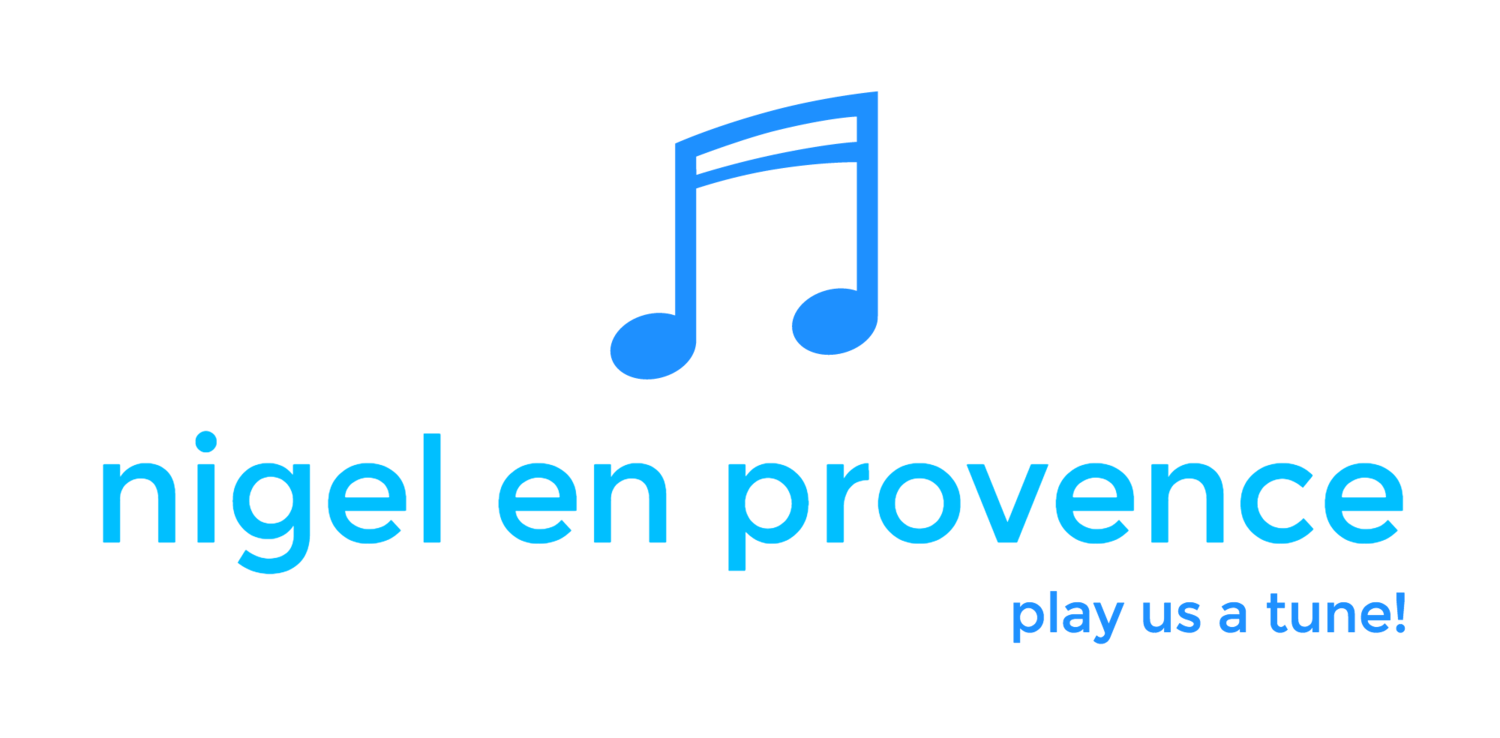Theres nothing like starting a Monday morning with some Brahms.
Playing for ourselves, in an empty hall. First time through. Fresh, clean, original Brahms. It's familiar ground. What a joy. Almost plays itself.
The next time you play it without interruption is probably at the concert in a couple of days time.
The ever illusive search for perfection begins.
Louder, softer. Shorter, longer. Darker, lighter. Directions for improvement ... fix, fix, fix.
Yet what happens to the music?
Have you ever read a book and someone starts talking to you? You have to re-orient yourself to take in what they are saying. God forbid if you are immersed in your book or music.
Sure it can be done, but if you're concentrating on what you're doing and have to repeatedly flip between playing a beautifully crafted piece of music and someone's micro-management instructions then it can be more than a little wearing.
Happily, some conductors don't feel the need to talk. They can convey their wishes through the baton.
Yes they do exist.
Bernard Haitink recently stopped the orchestra to make a couple of changes. He then, with a glint in his eyes, apologised. "Sorry, I'm talking too much!"
It was a great moment. We all laughed with him.
Colin Davis' usual approach was simple. Play it through twice. Most things sorted themselves. Then, and only then, resort to fixing. He honoured the musicianship of the players.
When something wasn't together he might say, "Lets try that again ... I'll try and do better."
On one occasion: "You know, nobody's right ... I'm not right ... You're not right. Lets try again".
A voice was heard from the back. Roger Groves, trombone. "He's right you know"



